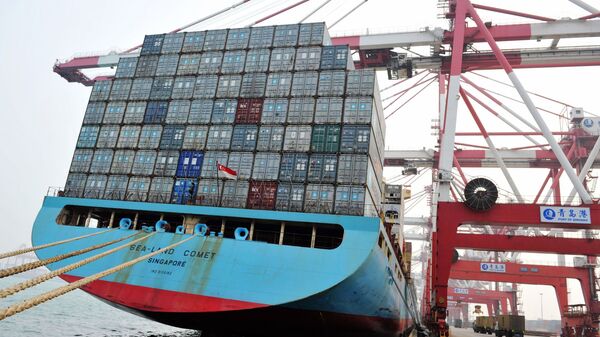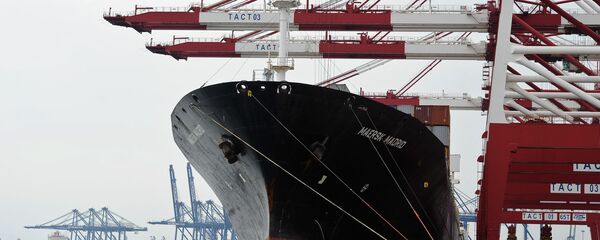Beijing is eager to reciprocate the pivot to the East, by making Qatar a key partner in its "Belt and Road" initiative, which it promoted last month when Chinese Foreign Minister Wang Yi visited the capital Doha.
The "Belt and Road" moniker is a reference to the infrastructure and trade networks put forward by Chinese President Xi Jinping in 2013.
Via the Silk Road Economic Belt, the Chinese government proposes to bring together China, Central Asia, Russia and Europe, by linking China with the Persian Gulf and the Mediterranean Sea through Central Asia and the Indian Ocean.
"As China is thirsty for energy resources to fuel its projects, Beijing clearly sees the benefits of strengthening ties with the gas-rich Persian Gulf emirate," wrote the experts, who see scope for Doha to establish petroleum and petrochemical facilities in China, helping the kingdom to acquire a greater share of the energy market there.
"China and the Gulf Cooperation Council (GCC) countries are at the moment undertaking negotiations for a free-trade agreement, which will likely have positive implications for both Beijing and Doha," including the abolition of custom duties and an increase in their trade partnership.
"Throughout recent years, China has become the Gulf's largest trading partner, and their partnership continues to thrive."
In addition, China plans for a growing share of its trade partnership with Qatar to be cleared in renminbi, through the RMB clearing center and currency swap agreements.
"As Qatar's second top LNG export partner, China has and will continue to offer Doha an opportunity to counter-balance the geopolitical interests of its Western allies, giving more important players in the international arena higher stakes in Qatar's future," the analysts concluded.




